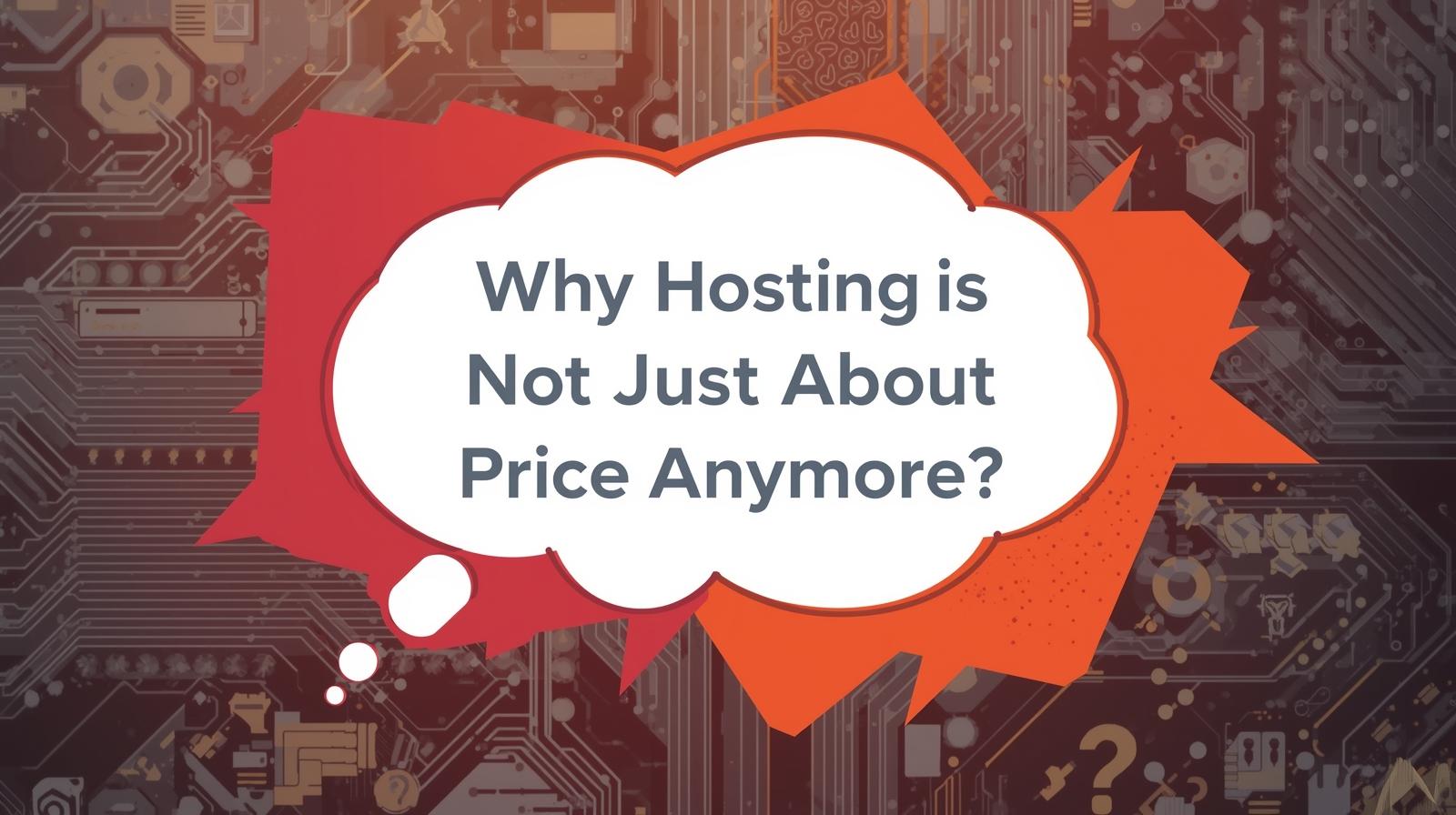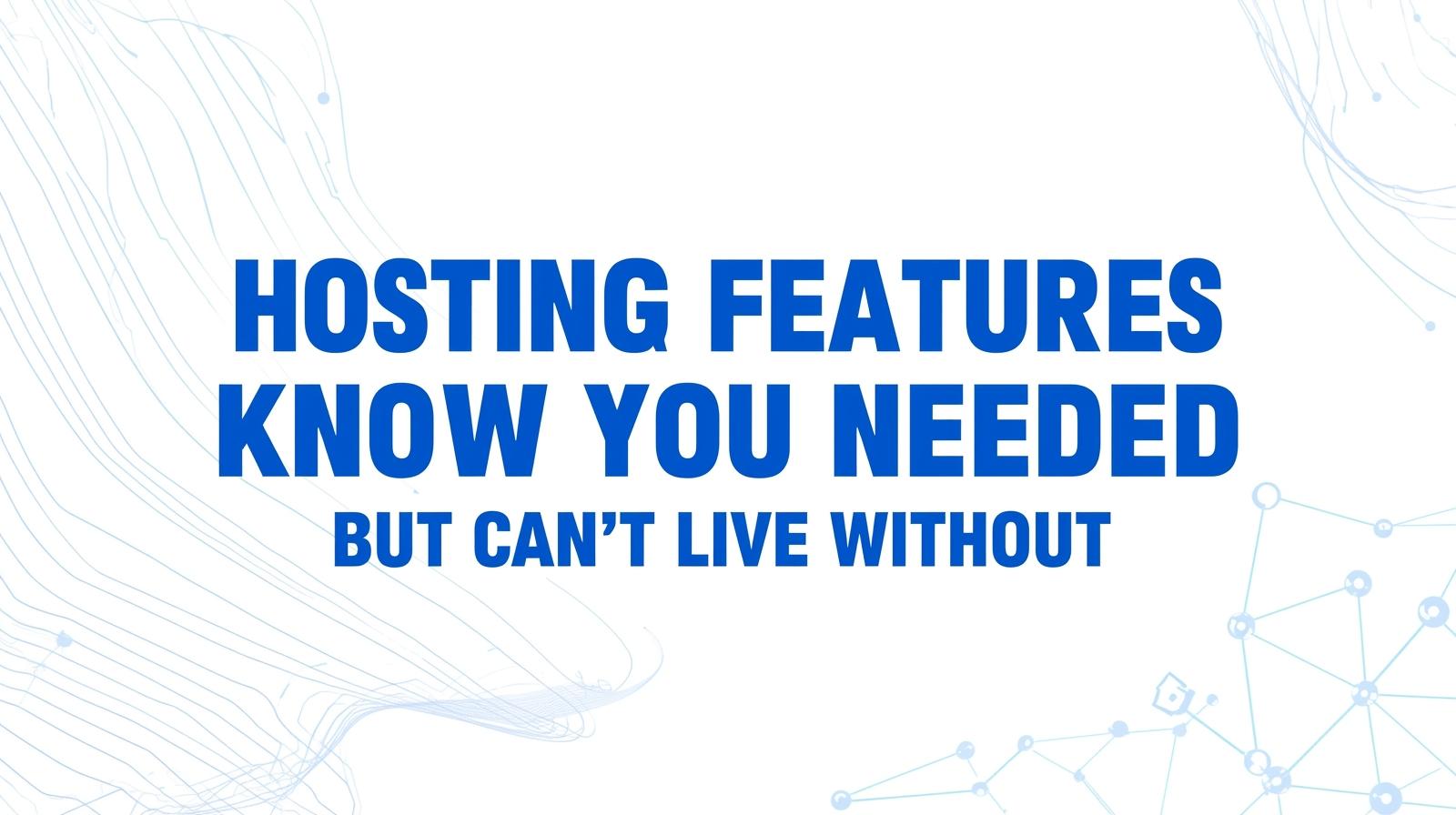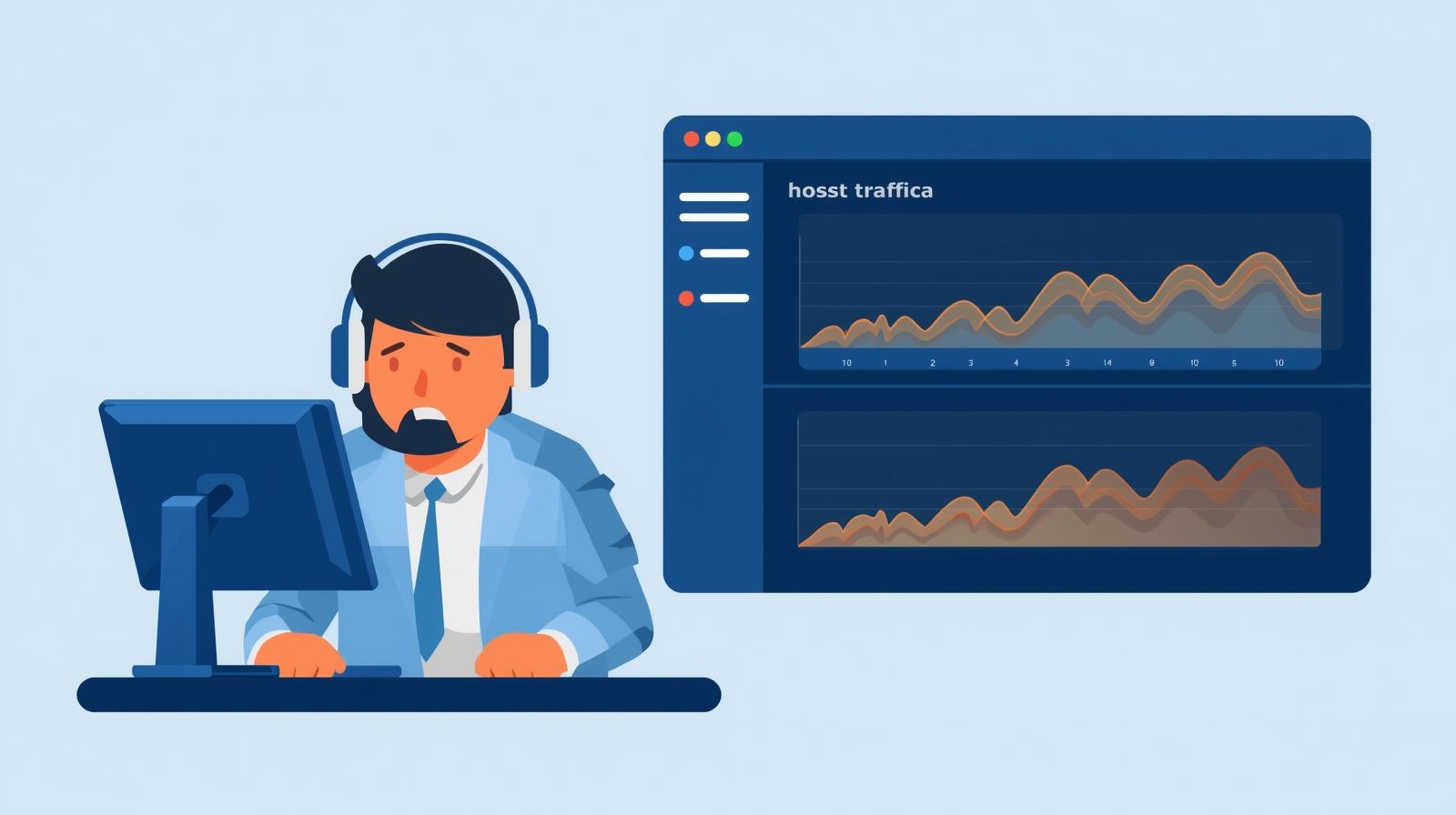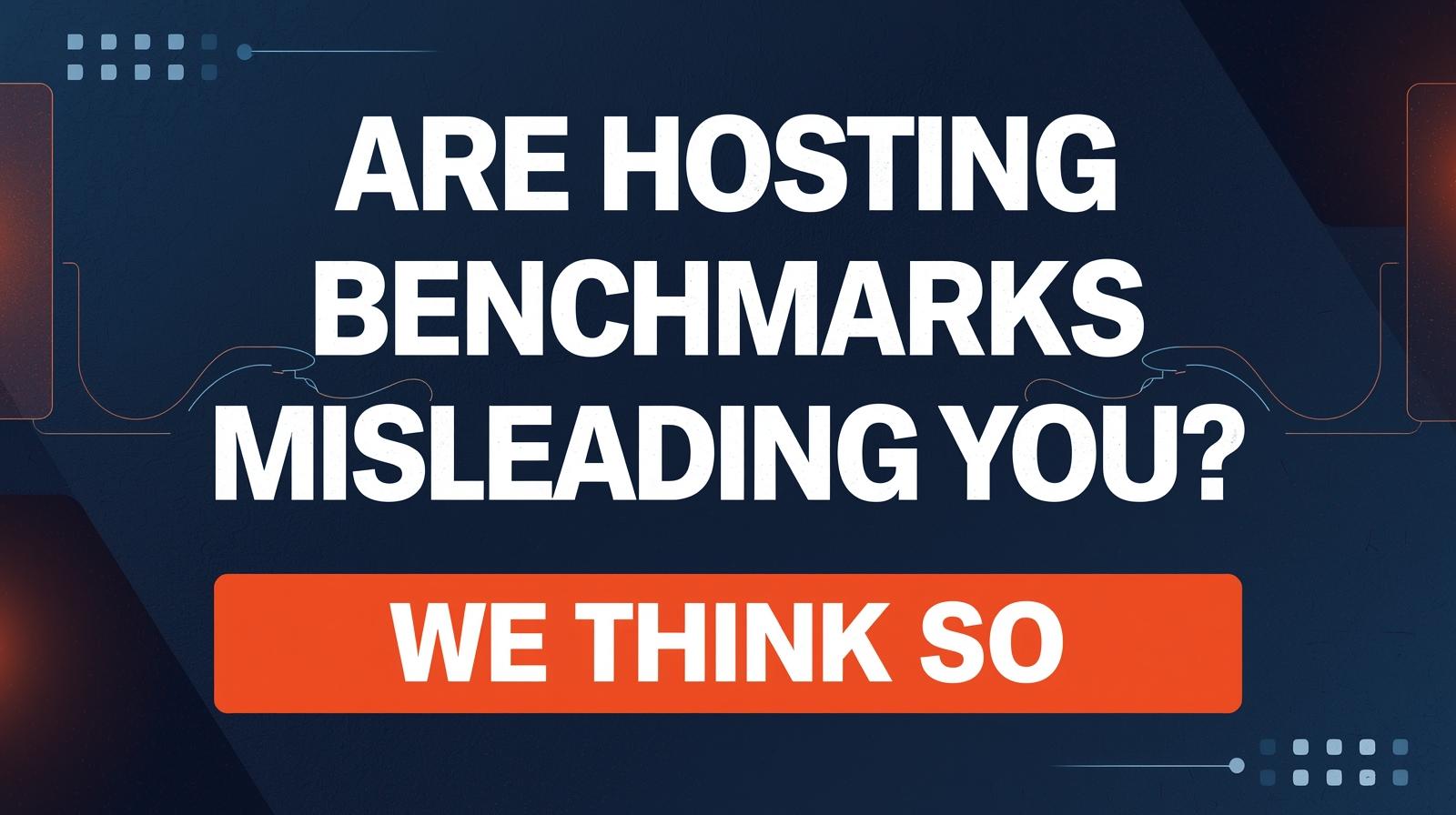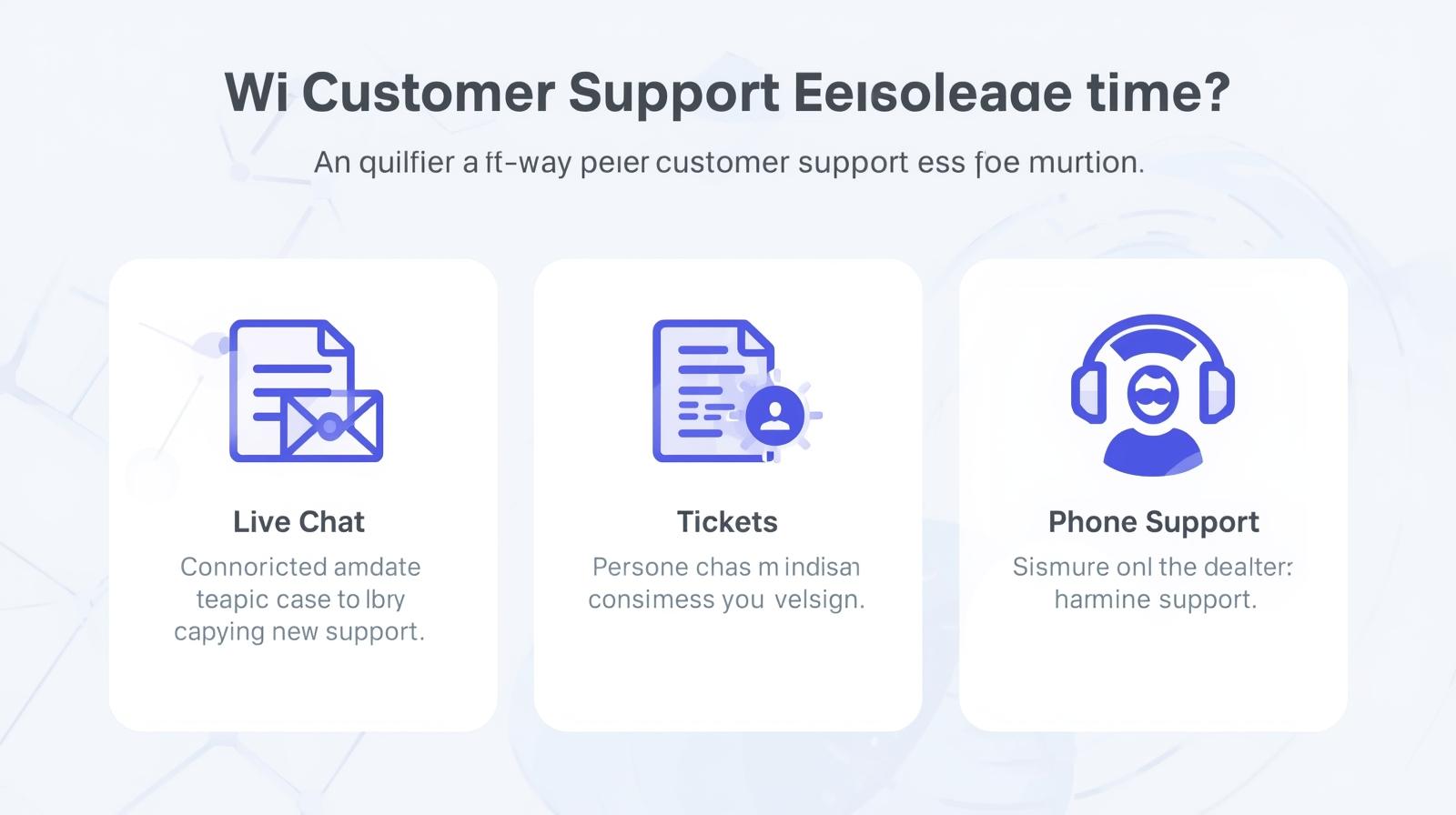September 15, 2025
In today’s digital-first world, data privacy has become one of the most pressing concerns for businesses and individuals alike. With cyberattacks, ransomware, and data breaches making headlines almost daily, the role of web hosting companies in safeguarding sensitive information has never been more critical. But the big question is, are hosting companies really doing enough to protect your data?
The Responsibility of Hosting Companies
Web hosting companies are the backbone of the internet. They store websites, applications, and databases that often contain sensitive customer details like emails, payment information, and personal records. This makes them prime targets for cybercriminals. Hosting providers have a responsibility to implement strong privacy measures, ensure compliance with global data protection laws, and maintain transparency with their customers.
Current Measures Hosting Companies Take
Many leading hosting companies do take significant steps to secure user data. Some of the most common practices include:
SSL Certificates – Ensuring encrypted communication between users and servers.
Regular Backups – Protecting against data loss from accidental deletions or breaches.
Firewalls & DDoS Protection – Shielding servers from malicious attacks.
Two-Factor Authentication (2FA) – Adding an extra layer of security for account access.
Compliance with Regulations – Many hosts now comply with standards such as GDPR (General Data Protection Regulation) and HIPAA (Health Insurance Portability and Accountability Act).
These measures show that hosting companies are indeed making strides toward safeguarding data privacy.
Where Hosting Companies Fall Short
Despite these efforts, there are still gaps. Not all hosting providers maintain the same level of commitment to privacy. Some of the common shortcomings include:
Lack of Transparency – Customers often don’t know how their data is stored, who has access to it, or where it’s located.
Shared Hosting Risks – In shared hosting environments, vulnerabilities in one website can put others at risk.
Inconsistent Security Updates – Not all companies update their servers and software regularly, leaving loopholes for hackers.
Limited Privacy Policies – Some hosting providers fail to clearly explain how they handle customer data, leaving users in the dark.
Why Data Privacy Should Be a Priority
A data breach doesn’t just harm businesses financially—it destroys trust. Customers expect that their personal information will remain secure. For hosting companies, prioritizing data privacy is not just a legal obligation, but also a competitive advantage. Providers who invest heavily in cybersecurity and maintain transparency are more likely to attract and retain customers.
What Users Can Do
While hosting companies have a huge responsibility, users must also play a role in protecting their own data. This includes:
Choosing reputable hosting providers with strong privacy policies.
Enabling SSL certificates and 2FA for websites.
Regularly updating plugins, themes, and CMS platforms.
Reading the fine print on how hosting companies handle data.
Final Thoughts
So, are hosting companies doing enough on data privacy? The answer is some are, but many still have room for improvement. With increasing cyber threats and evolving regulations, hosting providers must continuously adapt and strengthen their security measures. As a user, choosing the right hosting company and being proactive with your own security practices can go a long way in ensuring your data remains safe.

Recent Posts
ARE YOU A LEADING HOSTING SERVICE PROVIDER?
Get listed in world's largest hosting directory today!
Directory listing counter is continuously increasing, be a part of it to gain the advantages, 1487 Companies are already listed.




